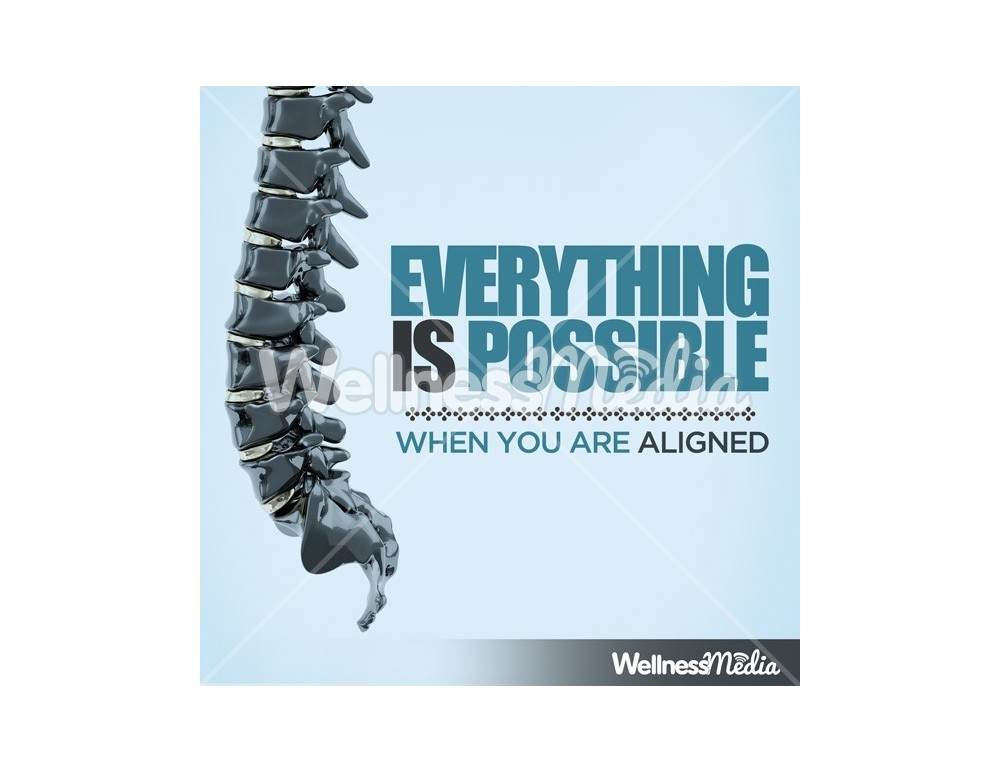Are Chiropractic Care Adjustments Habit-Forming? Differentiating Truth From Misconception
Are Chiropractic Care Adjustments Habit-Forming? Differentiating Truth From Misconception
Blog Article
Web Content Author-Hoover Farrell
You could have listened to that chiropractic care modifications can result in an addicting dependency, but that's a common mistaken belief. Lots of people discover relief without establishing any type of addiction. It is very important to recognize real purpose of these modifications and just how they suit your total health and wellness approach. So, just what does the scientific research say about chiropractic treatment and your wellness? Let's check out the truths.
Recognizing Chiropractic Care Adjustments and Their Purpose
When you consider chiropractic changes, it's vital to understand their purpose and how they work. These adjustments aim to fix misalignments in your spine and joints, advertising much better placement and activity. By applying controlled force to certain areas, chiropractic specialists help ease discomfort, enhance function, and enhance your general health.
Chiropractic treatment concentrates on your body's capability to heal itself, highlighting the link in between the spinal column and the nerve system. When your spine is straightened, it can reduce nerve interference, allowing your body to function optimally.
Normal changes may additionally help protect against future issues, maintaining you energetic and pain-free. Inevitably, chiropractic care changes offer to sustain your health and wellness, enhance movement, and boost your quality of life.
Common Myths About Dependency and Chiropractic Care Care
Lots of people hold misunderstandings regarding the connection in between chiropractic treatment and addiction treatment. One common misconception is that chiropractic care changes produce an addiction-like dependence. Actually, many patients discover relief from discomfort and pain, however this does not imply they develop a mental or physical dependency.
One more myth is that chiropractic practitioners are simply attempting to keep you coming back for even more adjustments. A lot of chiropractics physician prioritize your health and go for long-lasting health instead of frequent check outs.
In addition, some think chiropractic treatment can change conventional addiction treatments, however it ought to complement, not replace, evidence-based treatments. Recognizing these misconceptions can assist you make educated options regarding your wellness and health without falling victim to false information.
The Science Behind Chiropractic Adjustments and Person Experience
While some might question the efficacy of chiropractic modifications, an expanding body of study sustains their function in relieving pain and improving general feature.
Research studies indicate that back control can minimize pain from conditions like reduced neck and back pain, tension headaches, and neck pain. When you undergo chiropractic treatment, the adjustments intend to restore proper alignment, enhancing your body's natural healing abilities.
https://health.clevelandclinic.org/how-to-handle-sciatica-during-your-pregnancy/ boosted flexibility and a better feeling of wellness after therapy. In chiropractor doctor , the restorative connection you construct with your chiropractic physician can enhance your experience, as they offer individualized care tailored to your requirements.
This combination of scientific support and favorable patient experiences assists clarify why chiropractic modifications work for several people seeking relief.
Final thought
To conclude, chiropractic modifications aren't addictive; they're made to improve your health and promote positive health care. By debunking the myths surrounding reliance, it's clear that these treatments can provide considerable alleviation without developing a cycle of addiction. Accepting chiropractic treatment as a complementary strategy to traditional treatments can cause far better wellness outcomes. So, if you're taking into consideration modifications, felt confident that they're about improving your quality of life, not creating a dependence.
